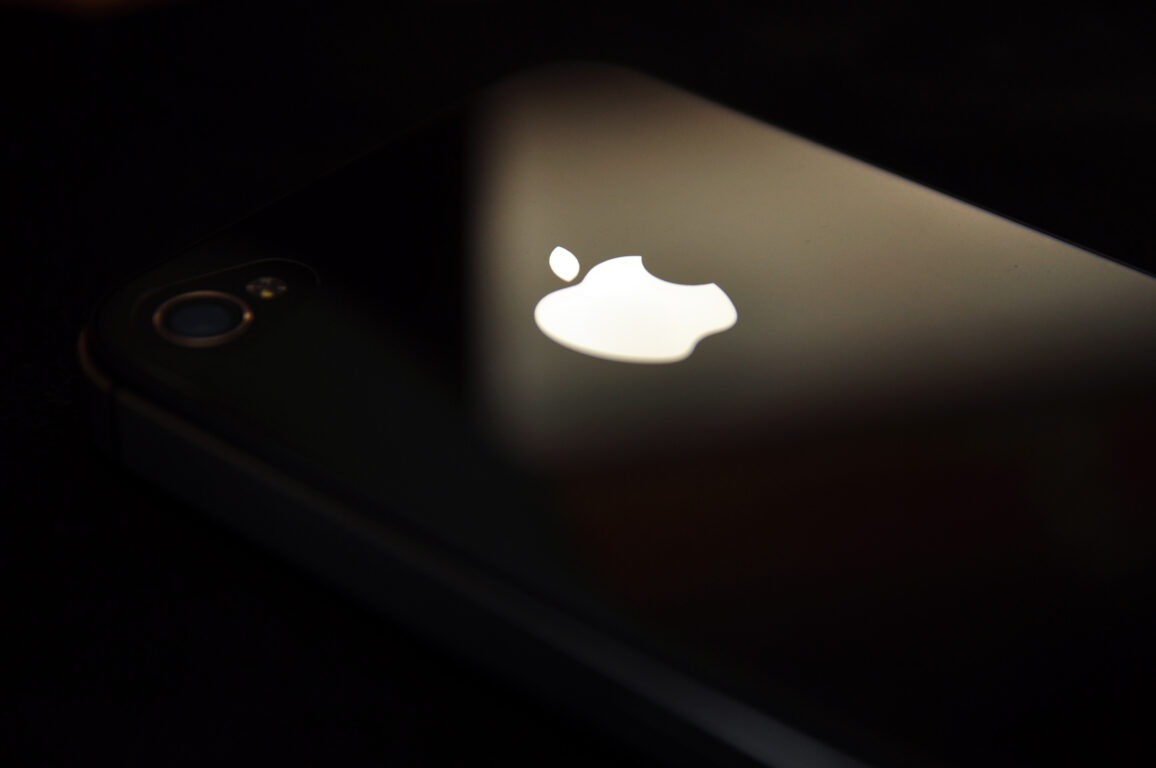Apple’s balancing act between user security and governments’ regulatory pressure

Apple, a company renowned for its commitment to privacy, recently announced that it will halt the use of Advanced Data Protection (ADP) features for users in the United Kingdom. This change means that iCloud account holders’ content may now be accessible to Apple, whereas previously, only users could access their encrypted data.
While announcing this decision, Apple stated that it was “gravely disappointed”, implying that the move was not entirely voluntary. Reports indicate that the company was issued a Technical Capability Notice (TCN) under the UK’s Investigatory Powers Act (2016), which authorises law enforcement to compel companies to assist in data collection for investigative purposes.
This announcement reflects a broader shift towards compliance with government-mandated surveillance measures. For a company that has built its brand on strong digital privacy protections, Apple now faces the challenge of balancing its commitment to user security with state demands for data access in the interest of national security.
A global surveillance trend
Apple’s announcement comes amid a growing global trend of increasing tensions between sovereign States and tech giants over data access. In China, for instance, Apple has made significant concessions by storing Chinese users’ iCloud data on State-run servers, citing compliance with local regulations. Similarly, in India, the government has pushed for expanded oversight of encrypted messaging apps like WhatsApp, requiring the traceability of messages—a move that tech companies argue compromises end-to-end encryption.
These cases highlight a growing dilemma. As governments seek greater control over digital data under the guise of national security, tech companies are increasingly expected to take positions on social and political issues while navigating a complex landscape of compliance, legal battles, and reputational risks.
Apple’s playbook
Apple has built a reputation as a privacy-first company, maintaining a strong stance on user data protection—despite approving 78% of government data requests, according to its transparency reports. This reputation has been carefully cultivated through strategic branding, policy decisions and product design that have positioned Apple as a leader in digital privacy.
Over the years, with competitors frequently accused of data breaches, Apple has branded itself as an alternative to tech giants like Google and Meta. Campaigns such as “Privacy. That iPhone” have reinforced this identity.
Branding and marketing: The privacy narrative
Apple has consistently used bold marketing efforts to highlight its commitment to privacy. In 2021, the company released “A Day in the Life of Your Data”, a white paper explaining how data tracking works and detailing how its privacy features protect users. The following year, Apple launched advert campaigns such as “Data Auction” and “Tracked,” dramatising how third parties sell personal information. The “tracked” advert specifically emphasised the importance of app tracking transparency, a feature that prevents apps from monitoring users without explicit consent. These campaigns strengthened Apple’s message that privacy is not just a product feature but a fundamental right.
The San Bernardino case
Beyond branding, Apple’s policy decisions have played a key role in shaping its privacy image. One of the most significant moments came in 2015 when the company refused to assist the Federal Bureau of Investigation (FBI) in unlocking an iPhone belonging to a suspect in the San Bernardino mass shooting. Apple declined the government’s request to develop software that would bypass iPhone security, arguing that such a move would compromise user privacy and set a dangerous precedent. This stance reinforced the company’s position as a defender of civil liberties.
Privacy by design
Apple has also embedded privacy protections directly into its product design. The introduction of App Tracking Transparency in 2021 forced apps to seek user permission before collecting data across different platforms, significantly disrupting the digital advertising industry. Meta, in particular, suffered major losses due to this shift. Apple framed the feature as a win for consumer privacy, reinforcing its message with ads under the slogan “Your Data. Your Choice”.
That same year, the company introduced Mail Privacy Protection, which prevented email senders from tracking when users opened emails or collecting their IP addresses. iCloud+ brought additional privacy enhancements, including Private Relay, which encrypts web traffic, and Hide My Email, which generates random email addresses to shield users’ real identities. Meanwhile, Apple continued to highlight the security of iMessage and FaceTime, both of which are end-to-end encrypted, often contrasting them with less secure alternatives like SMS.
One of Apple’s most significant moves in privacy came in 2022 with the expansion of end-to-end encryption to iCloud backups, photos, and notes through a feature called Advanced Data Protection. Marketed as “the most advanced security for your cloud data”, this initiative made it impossible for Apple to access users’ encrypted content. However, the move sparked concerns among governments worldwide, particularly in the United Kingdom, the United States, and India, where officials argued that such measures could hinder law enforcement’s ability to investigate criminal activity.
Conclusion
Although Apple has led the way in developing privacy-focused features, its latest decision suggests that even the most privacy-conscious tech companies are not immune to regulatory pressure. As Apple grapples with maintaining its privacy-first image while complying with government surveillance mandates, the question remains: Will Apple continue to resist such demands in other regions, or is this the beginning of further compromises in its approach to digital security?

